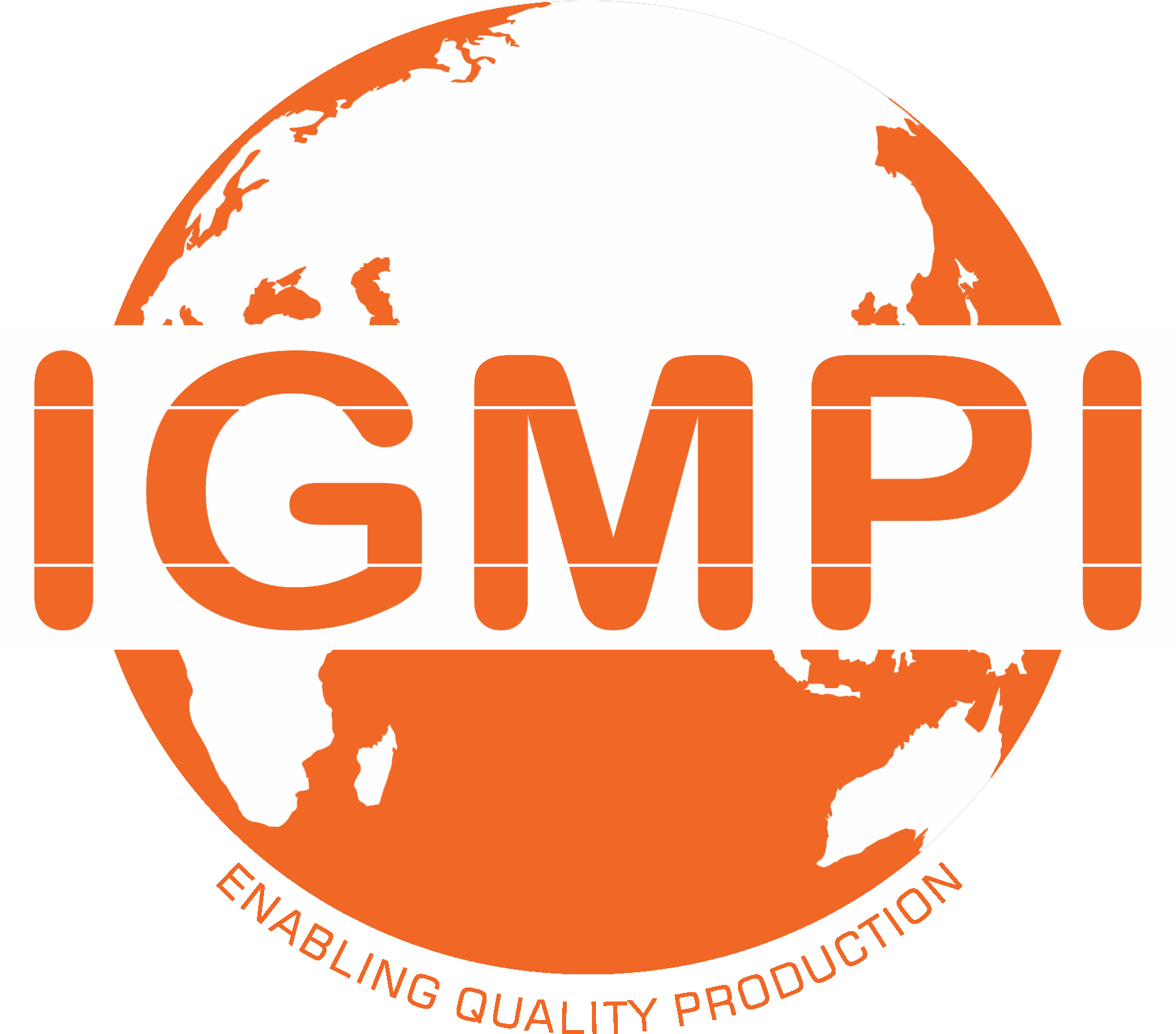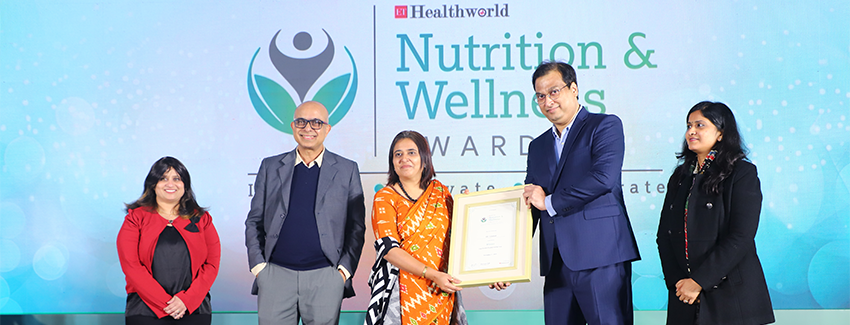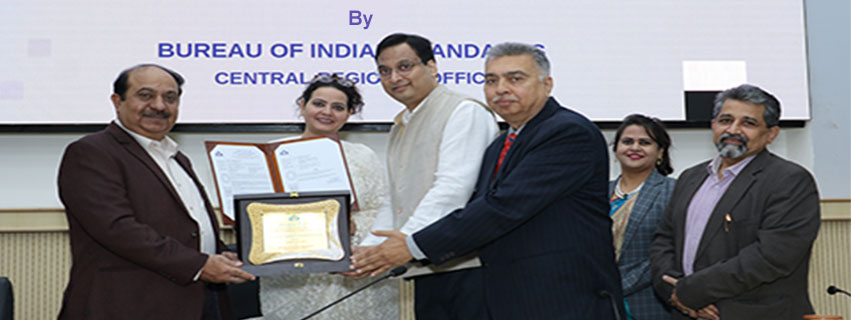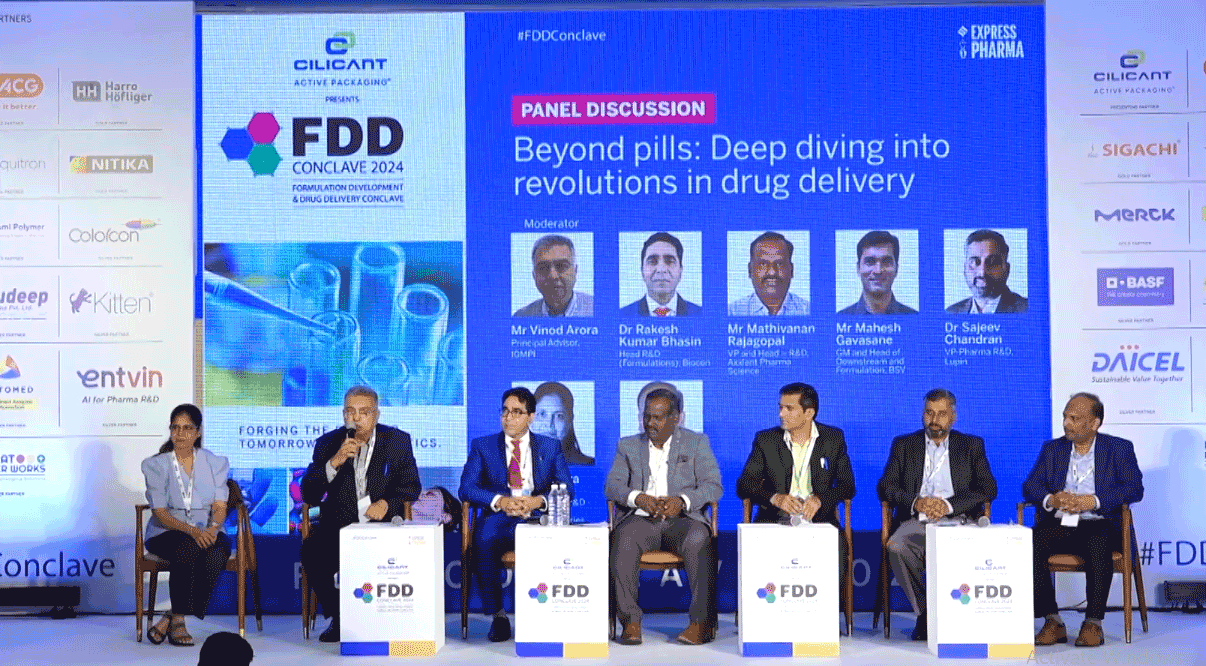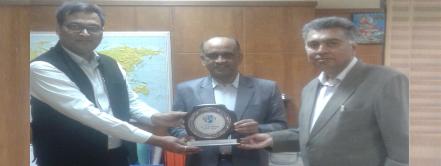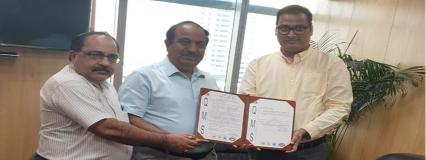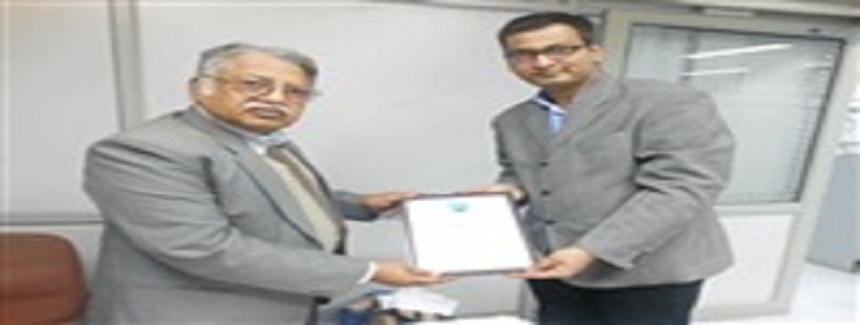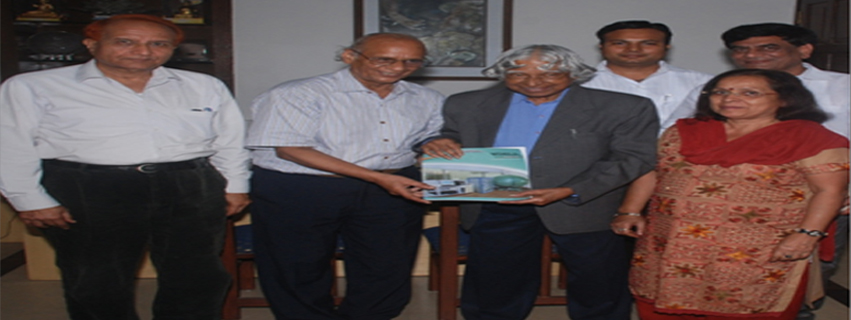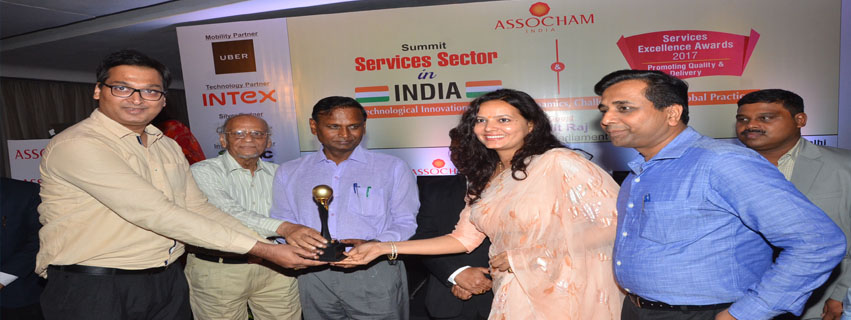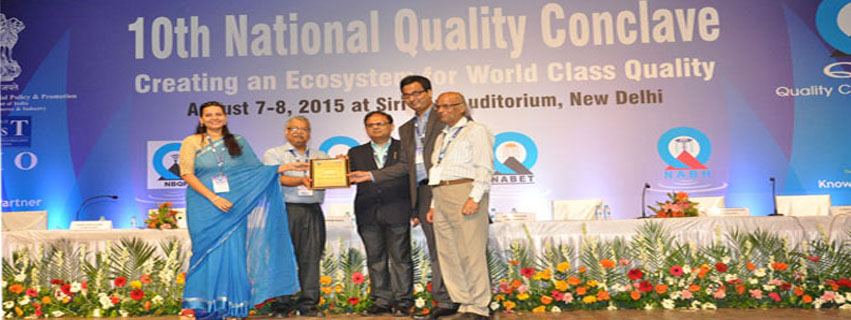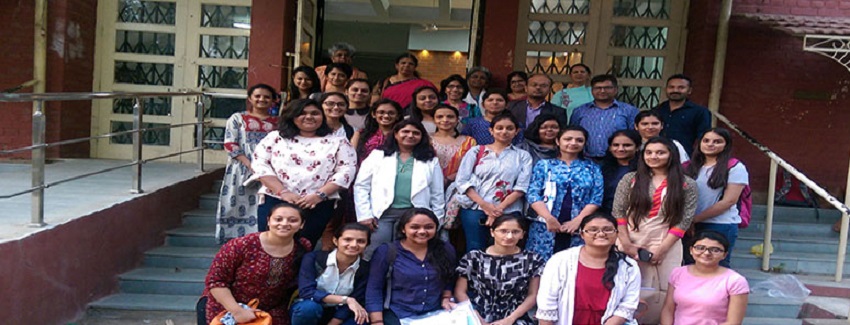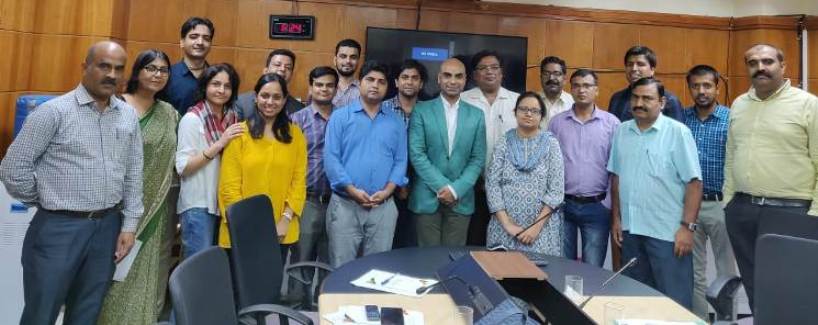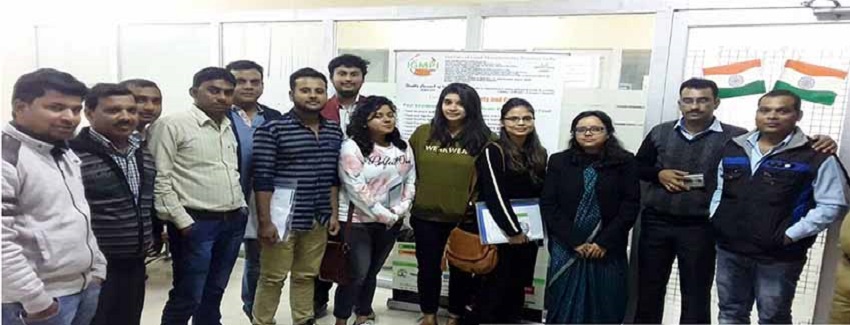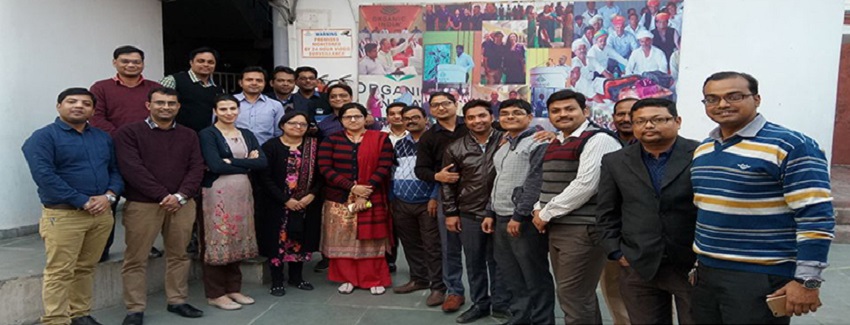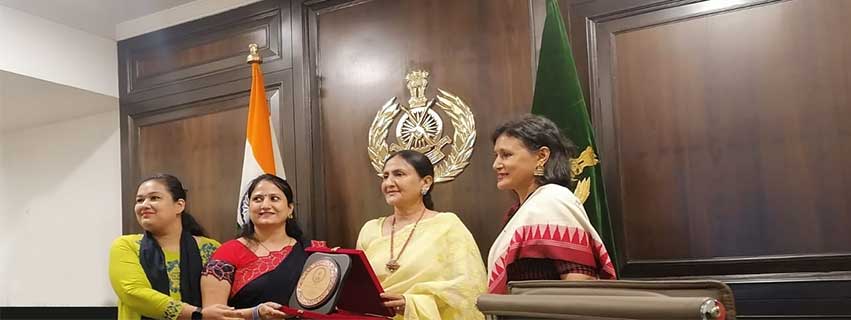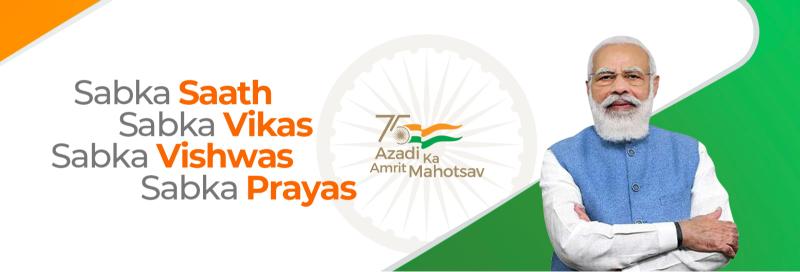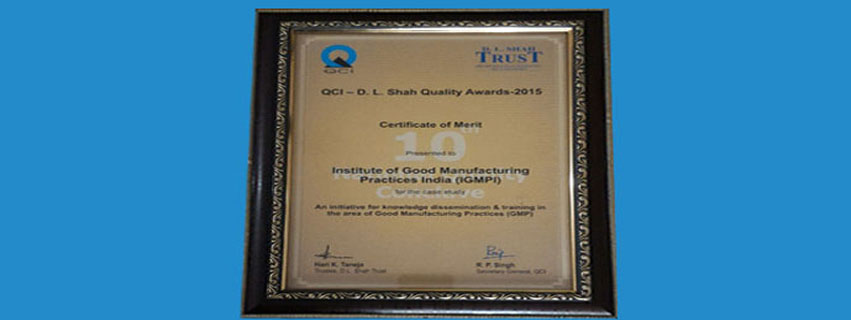(An Autonomous Body Recognized by Ministry of Commerce & Industry, Government of India)
Competency based placement focussed Education | Training | Research | Consultancy
Professional Certification in Panchkarma (Ayurvedic Detoxification) (PCPAD)
The Professional Certification Course in Panchakarma (Ayurvedic Detoxification) is a 6-month structured program designed to provide in-depth knowledge and practical skills in Panchakarma, the classical Ayurvedic detoxification therapy. This course covers the principles, preparatory procedures, main detox therapies, and post-therapy care, emphasizing their application in both preventive and curative healthcare.
The program integrates theoretical learning, practical demonstrations, case studies, and clinical training, enabling students to effectively apply Panchakarma techniques for various health conditions. It is ideal for Ayurveda practitioners, wellness professionals, yoga instructors, and individuals interested in holistic healing.
Course Objectives
Upon completion of this program, participants will:
-
Understand the Fundamental Principles of Ayurveda
-
Gain Theoretical and Practical Knowledge of Panchakarma
-
Learn the Preparatory and Post-Therapy Protocols
-
Develop Hands-on Skills in Panchakarma Procedures
-
Apply Panchakarma for Disease Management
-
Enhance Clinical Decision-Making Skills
-
Incorporate Ayurvedic Lifestyle & Rejuvenation Therapies
-
Build a Strong Foundation for Professional Practice
Programme Structure
International Affiliation with
Programme Structure
International Affiliation with
Module 1: Fundamentals of Ayurveda
-
Introduction to Ayurveda: History & Philosophy
-
Basic Principles: Tridosha, Dhatu, Mala, Agni & Ama
-
Importance of Detoxification in Ayurveda
-
Concept of Health & Disease in Ayurveda
Module 2: Panchakarma – An Overview
-
Definition & Objectives of Panchakarma
-
Importance of Panchakarma in Preventive & Curative Healthcare
-
Indications & Contraindications of Panchakarma
-
Preparatory, Main, and Post-Therapy Stages
Module 3: Snehana (Oleation Therapy)
-
Types of Snehana: Internal & External
-
Selection of Oils/Ghee Based on Doshas
-
Methods of Administration (Peya, Vicharana, Sneha Abhyanga)
Module 4: Swedana (Sudation Therapy)
-
Types of Swedana: Bashpa Sweda, Nadi Sweda, Pinda Sweda, etc.
-
Indications, Contraindications & Benefits
-
Practical Training in Swedana Techniques
Module 5: Vamana (Therapeutic Emesis)
-
Concept & Indications of Vamana
-
Step-by-Step Vamana Procedure
-
Pre & Post Vamana Diet and Care
-
Herbs Used in Vamana Therapy
Module 6: Virechana (Therapeutic Purgation)
-
Concept & Indications of Virechana
-
Preparatory Procedures & Administration
-
Best Practices for Safe Detoxification
-
Post-Therapy Care & Diet
Module 7: Basti (Medicated Enema Therapy)
-
Importance of Basti in Ayurveda
-
Types of Basti: Niruha & Anuvasana
-
Basti Formulations & Procedures
-
Practical Training on Basti Administration
Module 8: Nasya (Nasal Detoxification Therapy)
-
Concept & Benefits of Nasya
-
Types of Nasya: Pratimarsha, Marsha, etc.
-
Procedure & Oils Used in Nasya
-
Practical Applications & Contraindications
Module 9: Raktamokshana (Bloodletting Therapy)
-
Concept & Importance in Ayurveda
-
Methods: Jalauka (Leech Therapy), Siravedha, Prachanna
-
Indications, Contraindications & Post-Therapy Care
-
Practical Training on Raktamokshana
Module 10: Paschat Karma (Post Therapy & Rejuvenation)
-
Samsarjana Krama (Post-Panchakarma Diet Plan)
-
Rasayana (Rejuvenation) & Vajikarana (Aphrodisiac Therapy)
-
Lifestyle Modifications Post-Panchakarma
-
Yoga & Meditation for Detoxification
Module 11: Panchakarma in Specific Diseases
-
Panchakarma for Digestive Disorders
-
Panchakarma for Skin Diseases
-
Panchakarma for Neurological & Psychological Disorders
-
Panchakarma for Lifestyle Disorders (Obesity, Diabetes, PCOS)
Module 12: Case Studies
-
Patient Management & Case Analysis
-
Documentation & Ethical Practices in Panchakarma
Assessment & Certification
All the participants are expected to appear for an online exam and are also obliged to submit assignments after each module. After successful completion, the participants will be awarded Professional Certification in Panchkarma by Centre for Health Management and Research, IGMPI. For all the above mentioned modules elaborate programme material, self-assessment assignments and project work details would be provided by the Institute from time to time. Details get updated on the webpage as well.
Discipline in Classes and Examination
Every student is required to observe a disciplined behaviour during her/his classes, assessments & examinations and to follow instructions from the Professors. Any act of indiscipline may result into discredit & it will be mentioned in her/his academic report.
Eligibility:
Graduates in any discipline are eligible for our Post Graduate Diploma, Executive Diploma and Professional Certification Programmes.
Programme Duration
The minimum duration to complete the Professional Certification programme is 6 months and maximum is 12 months.
Programme Mode
Registration is currently open for Part-time (Online Live Classes) mode.
Programme Deliverables
A comprehensive study material for all the modules in hard copies ensuring the needs of the audience. The accompanying training material is appropriately aligned with the current Industry's expectations.
– Assignments for all the programme modules for continuous evaluation and guidance.
– Interactive or online live sessions on all key areas of the programme giving all flexibility to the participants.
– Online classes for all the modules will be conducted on the weekends. Moreover, a doubt clearing session will also be scheduled before the examination.
– All the efforts are made by IGMPI faculty members to make the entire programme modules easily understandable.
– Assessment and evaluation for all the programme modules in order to enhance the levels of competencies and skills of the participants leading towards the objective of application in the job.
– At the end of each programme modules, the trainers shall obtain feedback from the participants using specially designed questionnaires.
– All learning and training delivery initiatives shall be conducted in English.
Placement Assistance & Corporate Relations
The Institute has partnered with many organizations for providing with placement assistance to in its participants. The robust placement cell comprises of senior level Human Resources professionals and Talent Acquisition experts which maintains close links with business and industry. We are engaged in
promoting the employability of our participants by maintaining good rapport and relation with HR cell and recruiting managers of leading companies across the globe. The efforts of our placement cell also include helping with professional resume writing, interview skills & conducting mock interviews etc.
Student after Certification in Panchkarma in India can explore opportunities with several prominent organizations that value expertise in this field like Healthcare & Hospital Partnerships, Corporate Wellness & Holistic Health Companies, Government & NGO Collaborations etc.
Who Should Apply?
This program is ideal for:
-
Ayurveda Students & Practitioners
-
Healthcare Professionals
-
Wellness & Spa Professionals
-
Yoga & Naturopathy Experts
-
Holistic Health Enthusiasts
-
Entrepreneurs in Ayurvedic Healthcare
Future career prospects
Graduates of the Certificate in Panchkarma can pursue careers in clinical practice, research, corporate wellness, and entrepreneurship. They may work as Ayurvedic specialists in hospitals, wellness centres, and private clinics or offer telemedicine consultations. Opportunities in research, academia, and Ayurvedic pharmaceuticals are also expanding. The corporate wellness sector offers roles in gut health consulting and preventive healthcare programs, while wellness resorts and online platforms provide avenues for holistic health coaching. Entrepreneurs can develop Ayurvedic herbal formulations, functional foods, and diet consultancy services. With the increasing demand for natural digestive healthcare, this specialization offers diverse and rewarding career paths.
Programme Fee Details
Programme fee details will appear here.
Last date for submitting completed Application Form: 6th Mar 2026.
For further enquiries, call or write to us on:
18001031071
(Toll Free -9:00 am to 5:30 pm IST-except on Central Government holidays)/
info@igmpi.ac.in
NEWSLETTER
Other Programmes
- Artificial Intelligence in Ayurveda (PCAIA)
- Certified Ayurveda Health Counsellor (CAHC)
- Clinical Documentation Improvement (PCCDI)
- Community Health (PCCH)
- Expressive Arts Therapy (PCEAT)
- Medical Coding and ICD-10-CM (PCMCICD-CM)
- Nanomedicine (PCNM)
- Certified Natural Health Professional (CNHP)
- Neuroaesthetics (PCNA)
- Positive Parenting (PPPC)
- Telehealth Coordinator (PCTC)
- Trauma-Informed Therapy (PCTIT)
